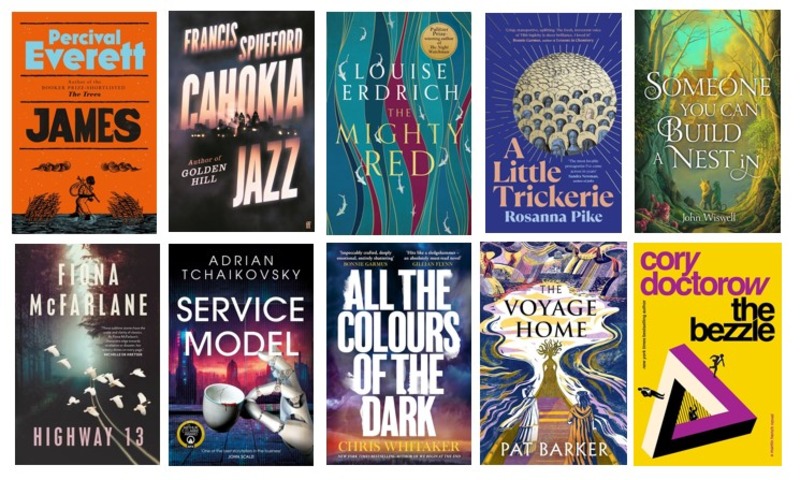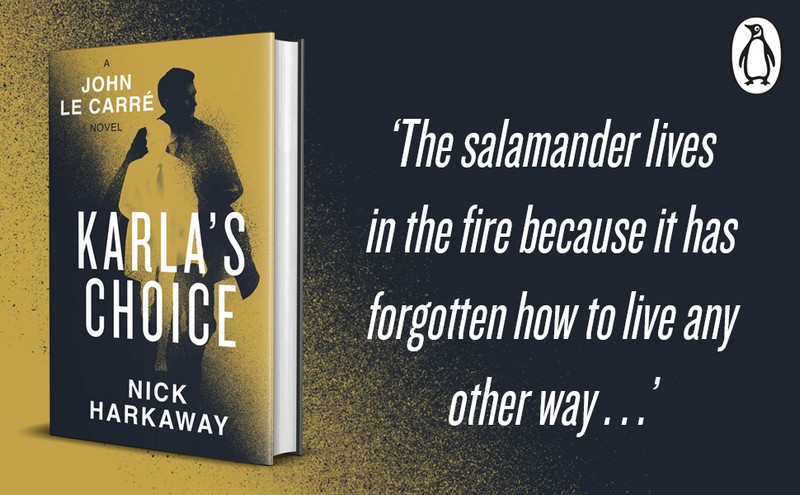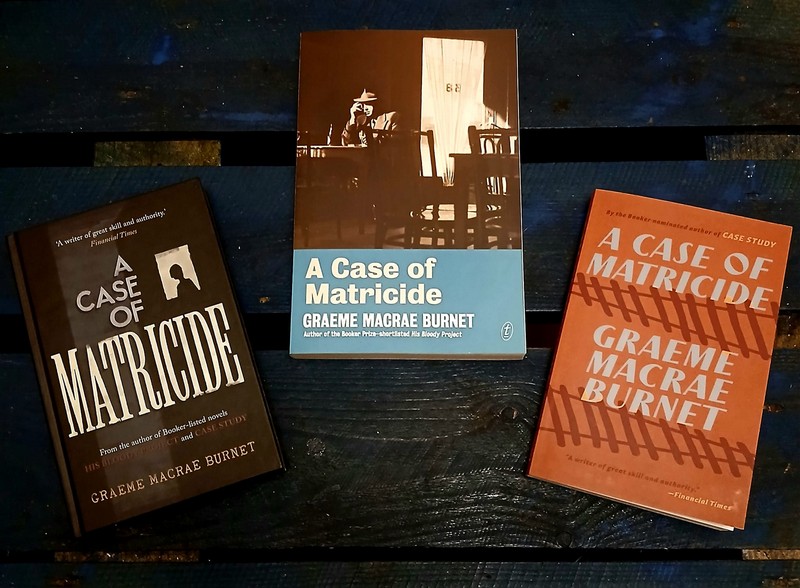 American writer Dennis Lehane burst onto the crime scene with his hard-hitting debut A Drink Before the War (1994), the first of his Kenzie and Gennaro novels. That series probably hit its apex with one of Lehane’s best-known books (thanks to the movie version), Gone Baby Gone. These books, along with the standalone Mystic River, dig deep into the different communities of Boston, in particular the Irish-descended working-class community of South Boston. Lehane has moved away from this setting in recent books, although it has been some time since he released a novel (2017’s Since We Fell) as he has been more involved in TV (including writing for The Wire, Mr Mercedes and most recently Blackbird).
American writer Dennis Lehane burst onto the crime scene with his hard-hitting debut A Drink Before the War (1994), the first of his Kenzie and Gennaro novels. That series probably hit its apex with one of Lehane’s best-known books (thanks to the movie version), Gone Baby Gone. These books, along with the standalone Mystic River, dig deep into the different communities of Boston, in particular the Irish-descended working-class community of South Boston. Lehane has moved away from this setting in recent books, although it has been some time since he released a novel (2017’s Since We Fell) as he has been more involved in TV (including writing for The Wire, Mr Mercedes and most recently Blackbird).
Small Mercies not only finds Lehane back in South Boston, but also focussing on a couple of unrelentingly tough and damaged characters of the kind that made his name.
The storyopens in the summer of 1974 in South Boston. The Massachusetts Supreme Court has just ruled on the desegregation of schools and has ordered that students be bussed from the predominantly Black neighbourhoods into the impoverished Irish South Boston schools and vice versa. Mary Pat Fennessey is part of a broad community group in South Boston opposing this. But her focus quickly turns to her teenage daughter, Jules, who goes out with two friends one night and never returns. On the same night, a young Black man, Augie Williamson, is found dead at a local train station. It soon becomes clear to Mary Pat, and others, that Jules and her friends were involved in Augie’s death. But so is the local crime lord, and soon Mary Pat’s crusade to find her missing daughter brings her into his crosshairs. At the same time, Detective Bobby Coyne, a Vietnam vet, recovering addict and former resident of South Boston himself, is also joining the dots.
Mary Pat is a classic Lehane character. Brought up in poverty, full of rage but also a fierce love for her family, her default response is to lash out violently at those who wrong her or get in her way. The search for her daughter opens her eyes to what is really going on in her community – the racism, the lies and the hypocrisy. But more importantly, it opens her eyes to her own ingrained ideas and those she passed down to her daughter:
… if this didn’t have such a personal aspect for her – if Augie wasn’t Dreamy Williamson’s son, if Jules wasn’t a ‘person of interest’ in his death – Mary Pat would have written it off … But … she allows a picture to emerge in her mind of an Augie Williamson who might not have done drugs, who certainly was not from a broken home … who was a twenty-year old-kid who broke down in the wrong neighbourhood.
And what neighbourhood is that Mary Pat?
My neighbourhood.
Bobby, on the other side of the law, also can see how the system treats different people differently. He and his family specifically eschewed the racism that is seemingly ingrained in the community and which finds its way into the workings of the justice system:
If four black kids chased a white kid into the path of a train, they’d be facing life. If they entered a plea, the best offer would be a minimum of twenty years hard time. But the kids who chased Augie Williamson into the path of a train won’t, Bobby knows, face more than five years. If that.
And sometimes the disparity wears him the fuck out.
Bobby does not agree with Mary Pat’s approach to this problem or her methods, but her active digging opens doors for his investigation. Particularly when that digging starts to reveal the enormity of the crimes that sit behind her own quest, and her quiet complicity in them:
‘I’m not a person anymore, Bobby. I’m a testament.’
‘What?’
‘That’s what ghosts are – they’re testaments to what never should have happened and must be fixed before their spirits leave this world.’
Once again, one of the main characters in this narrative is the community of South Boston itself. Lehane critically explores the attitudes, deeply ingrained prejudices and ideas that make the community what it is. For example, this reflection on poverty:
Mary Pat can look at almost anyone she’s ever known in Commonwealth in particular, or Southie in general and find nothing but strivers, ballbusters, people who treat ten-ton burdens like they weigh the same as a golf ball, people who go to work day in day out … They aren’t poor because they slack off …
They’re poor because there’s a limited amount of good luck in the world and they’ve never been given any … There are way more people in the world than there is luck, so you’re either in the right place at the right time … Or you aren’t. In which case …
Shit happens.
But the centrepiece of this tale is its take on racism. It is the 1970s, many of the characters are racist and the language of the novel reflects this. But Lehane takes this on to take it down. One of the most powerful scenes has Mary Pat reflecting on the inter-generational nature of the racism in her community. How it is easier to go along with the hatred than to challenge it and how that attitude is passed down from parents to children. Bobby also comes to a deeper understanding of the issue through his involvement in the case when considering the racial epithets that he encountered in Vietnam and at home:
… call them whatever you want as long as you call them something – anything – that removes one layer of human being from their bodies when you think of them That’s the goal. If you can do that, you can get kids to cross oceans to kill other kids, or you can get them to stay right here at home and do the same thing.
Small Mercies is Dennis Lehane back in familiar territory but far from treading the same thematic ground. Some readers may be put off by the racism, the misogyny and the violence but they are not deployed merely for effect. Lehane uses these elements to make some larger points – about the poisonous nature of racism, about the way communities can be used by the unscrupulous, about redemption and second chances. All of this together from the perspective of two fascinatingly grey, complex characters in Lehane’s spare confronting style makes Small Mercies one of his excoriating best.
This review first appeared in Newtown Review of Books.
Robert Goodman
For more of Robert’s reviews, visit his blog Pile By the Bed
Other reviews you might enjoy:
- Top 10 books of 2023
- The Rumor Game (Thomas Mullen) – book review
- Small Mercies (Richard Anderson) – book review

Robert Goodman is a book reviewer, former Ned Kelly Awards judge and institutionalised public servant based in Sydney. This and over 450 more book reviews can be found on his website Pile By the Bed.



